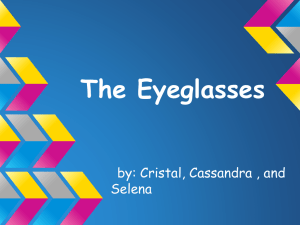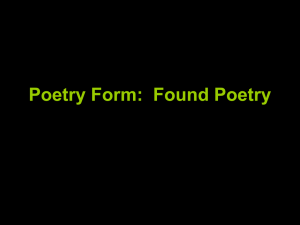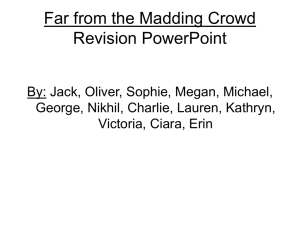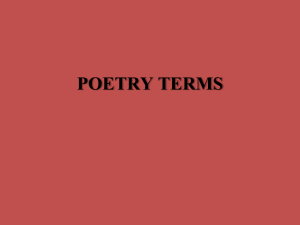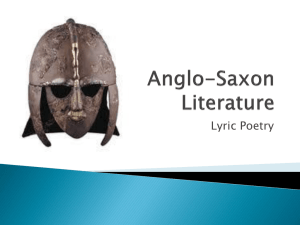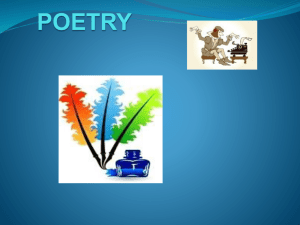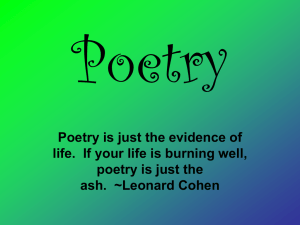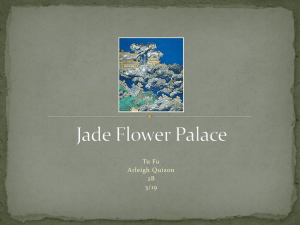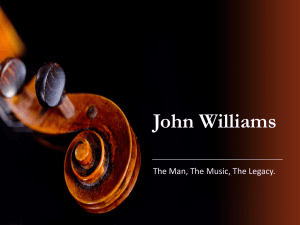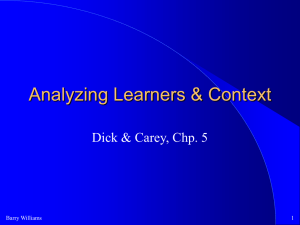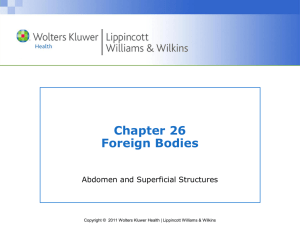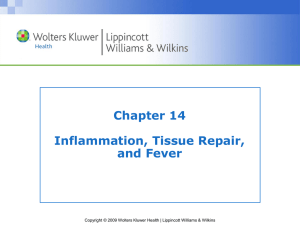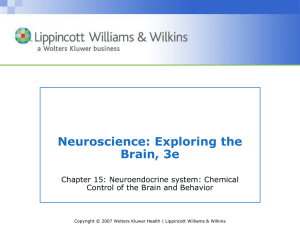The Bitter World of Spring 2A
advertisement
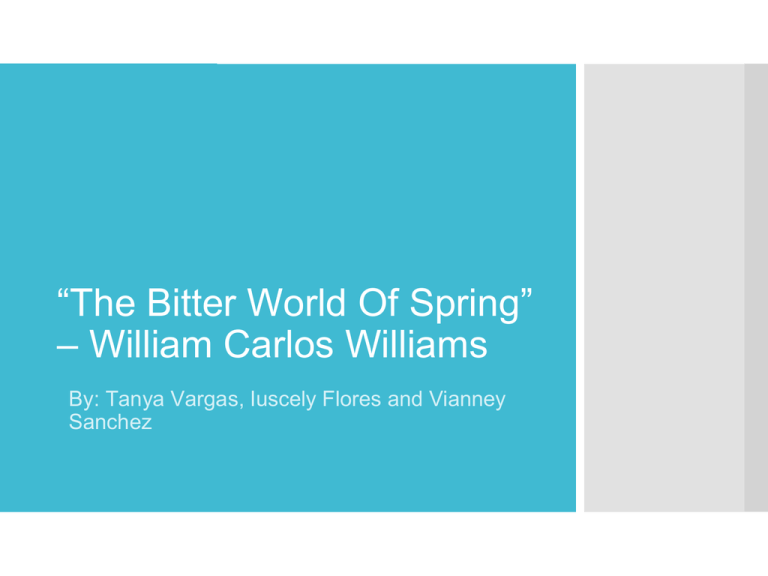
“The Bitter World Of Spring” – William Carlos Williams By: Tanya Vargas, Iuscely Flores and Vianney Sanchez •Williams uses Thesis: philosophical reference to fish and water to explain the challenge both externally and internally of understanding a poet. • The first half of the poem uses the nature imagery of trees and water to portray strength “red elms, in perspective, that lift the tangled net of their desires hard into the falling rain. “ (3-6) • Interpretation • There is a transition from looking onto land and questioning himself about poetry “And, as usual, the fight as to the nature of poetry -Shall the philosophers capture it?- is on. “(9-12) • • The last half of the poem focuses on the shad. “close under the bridge, the shad ascend, midway between the surface and the mud,” (15-17) • Sense Intent/Affect: Williams uses third person to give the reader a sense that every poet can be confused and have the same struggle when it comes to writing a poem. • Speaker: William Carlos Williams • Point of view: 3rd person • Mood: confused and undecided • Motif: Continuously looking around to find inspiration “ And, as usual, the fight as to the nature of poetry” (9-10) Senses: Imagery & Symbolism Intent/Effect: Williams wants to show the readers how his focus went from the nature of the trees to the inspiration he found in the stream (fish). -Color is used to emphasize how color can make things more alive • Color Imagery • white • brown • red • Nature Imagery • elms • leafs • flower • rain • mud • Fish Imagery • Shad • Upstream • Red-finned Fish Imagery “ midway between the surface and the mud, and you can see their bodies red-finned in the dark water headed, unrelenting, upstream” (17-20) Sense : Symbolism -Williams is demonstrating the struggle fish are going through to swim up and have their babies. Nature Imagery “pillars of the red elms, in perspective, that lift the tangled net of their desires hard into the falling rain. “ (3-6) -William is showing imagery of nature to show an element of strength. Style Intent/Effect: A rhetorical question is used to emphasize his confusion to poetry and what he should write about. Stream of Consciousness is used to get out Williams thoughts about what he is trying to get across. •Rhetorical Question • Shall the philosophers capture it? (11 ) “What is Poetry?” •Stream of Consciousness • “And, casting an eye down into the water, there, announced by the silence of a white bush in a flower" (12-15) Sound Intent/Effect: There is no rhyme. There is only free verse because it helps to emphasize the fact that he does not know what to write about. The word "bridge" is repeated twice ; the first time he is looking over the bridge & the second time he is looking under the bridge. • Free verse • Entire poem • Repetition • “bridge" (8/16) “And brown smoke is driven down, running like water over the roof of the bridge-” (6-8) “ by the silence of a white bush in the flower, close under the bridge, the shad ascend,” (1416) Structure Intent/Effect: Williams uses Enjambment because of the confusion that goes throughout the poem with 14 commas and only 4 periods, he does this to continue some type of run on sentences. End-stopped is used to focus on the main ideas William wants to point out. • • • Structure of the poem 5 Stanzas 4 lines in each stanza Stanza 3, Line 11: Rhetorical Question Period at the end of stanza 5, line 20 (Finally Williams knows his point to the poem) • • • • Enjambment “that lift the tangled net of their desires hard into” (5-6) End-stopped “under the bridge, the shad ascend, midway between the surface and the mud, “ (16-17) • Uses nature as a means to carry out his true thoughts • “A Widow’s Lament in Springtime” • Enjambments and end-stops • “Spring and All ” Connections • Historical Context: War/ Williams’ experience as a doctor • World war II: Close to the of the war • Poem Collection: The Wedge 1944 Make a Haiku about what you see around the room with your group. We will present them in 5 minutes. Example: ACTIVITY We see the whole class (5 Syllables) They are learning something new (7 Syllables) Now let’s eat some fish (5 Syllables) Reason for the Activity The reason behind the haiku, was not intended to copy a certain structure Williams used to write the poem, but to give the class an example of how sometimes it is difficult to find something to write about. For example, in a classroom just like any other classroom with 4 walls, and 40 desks, Somewhere in the classroom one had to find something interesting to write about. M&M’S: Being Separated • Williams Conclusion: uses nature and fish to demonstrate the struggle that occurs in this world; as a poet he is comparing himself with the fish and nature.

